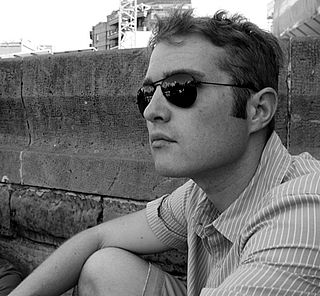A Quote by Robert Love
Realize you won't master data structures until you are working on a real-world problem and discover that a hash is the solution to your performance woes.
Related Quotes
Just like Pharaoh couldn't get a solution to his problem until he talked to Moses, or Nebuchadnezzar or Belshazzar couldn't get a solution to his problem until he talked to Daniel, the white man in America today will never understand the race problem or come anywhere near getting a solution to the race problem until he talks to The Honorable Elijah Muhammad.
EMA research evidences strong and growing interest in leveraging log data across multiple infrastructure planning and operations management use cases. But to fully realize the potential complementary value of unstructured log data, it must be aligned and integrated with structured management data, and manual analysis must be replaced with automated approaches. By combining the RapidEngines capabilities with its existing solution, SevOne will be the first to truly integrate log data into an enterprise-class, carrier-grade performance management system.
You know how it always is, every new idea, it takes a generation or two until it becomes obvious that there's no real problem. It has not yet become obvious to me that there's no real problem. I cannot define the real problem, therefore I suspect there's no real problem, but I'm not sure there's no real problem.
I think that there is only one way to science - or to philosophy, for that matter: to meet a problem, to see its beauty and fall in love with it; to get married to it and to live with it happily, till death do ye part - unless you should meet another and even more fascinating problem or unless, indeed, you should obtain a solution. But even if you do obtain a solution, you may then discover, to your delight, the existence of a whole family of enchanting, though perhaps difficult, problem children, for whose welfare you may work, with a purpose, to the end of your days.
The solution to a problem - a story that you are unable to finish - is the problem. It isn't as if the problem is one thing and the solution something else. The problem, properly understood = the solution. Instead of trying to hide or efface what limits the story, capitalize on that very limitation. State it, rail against it.
No matter how clear things might become in the forest of story, there was never a clear-cut solution, as there was in math. The role of a story was, in the broadest terms, to transpose a problem into another form. Depending on the nature and the direction of the problem, a solution might be suggested in the narrative. Tengo would return to the real world with that solution in hand. It was like a piece of paper bearing the indecipherable text of a magic spell. It served no immediate practical purpose, but it contained a possibility.

































